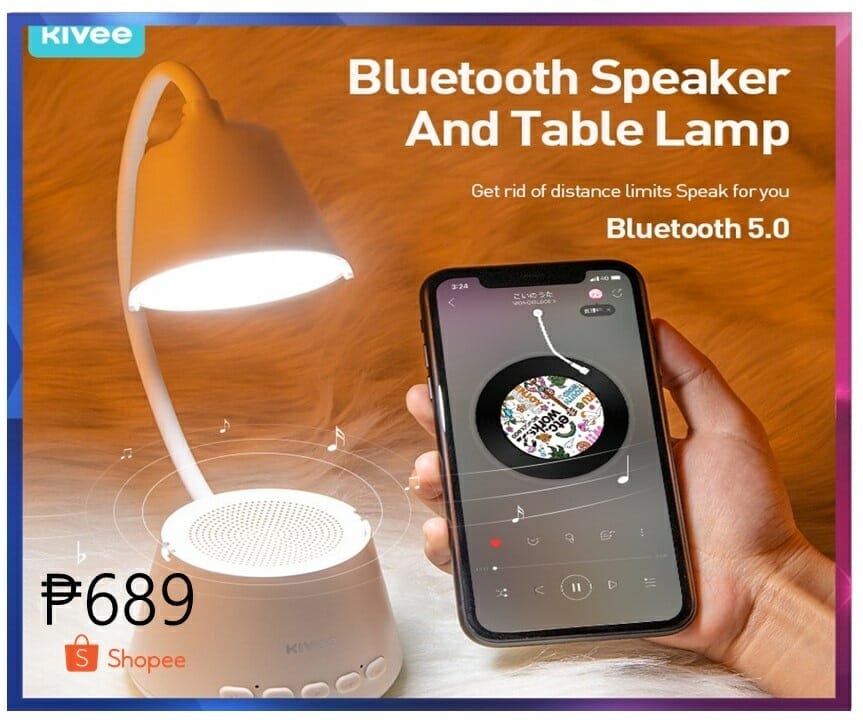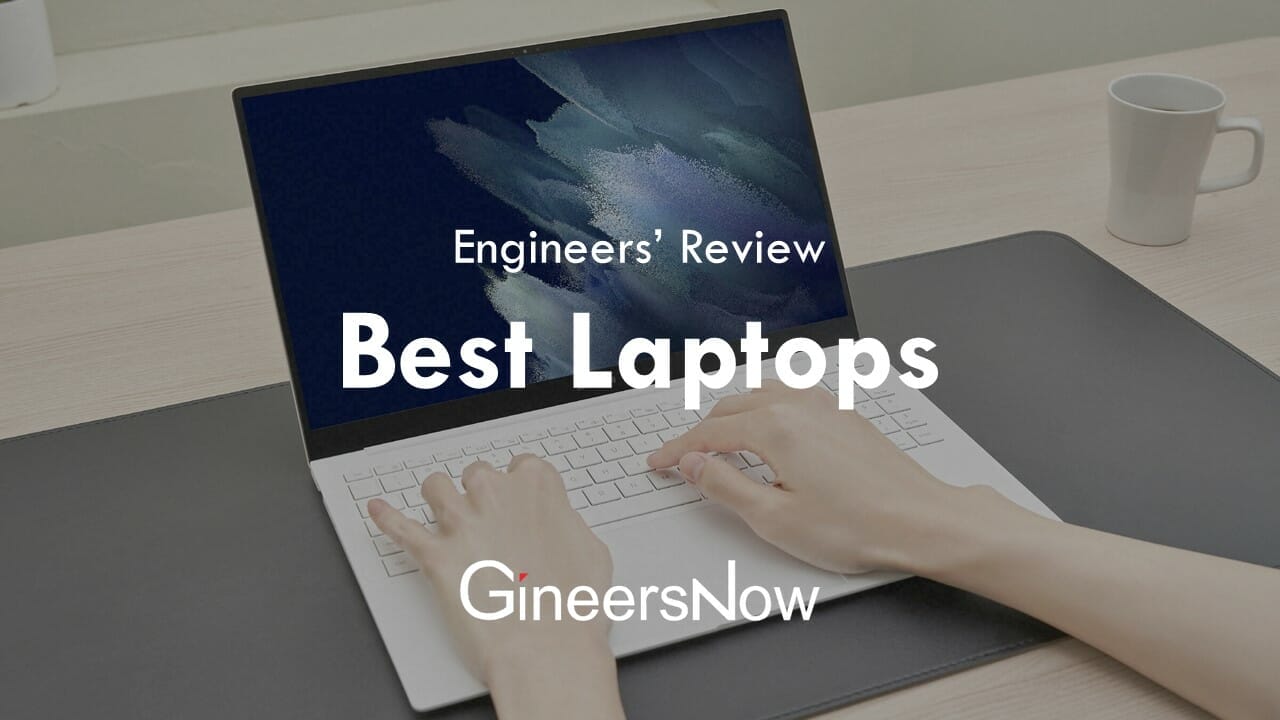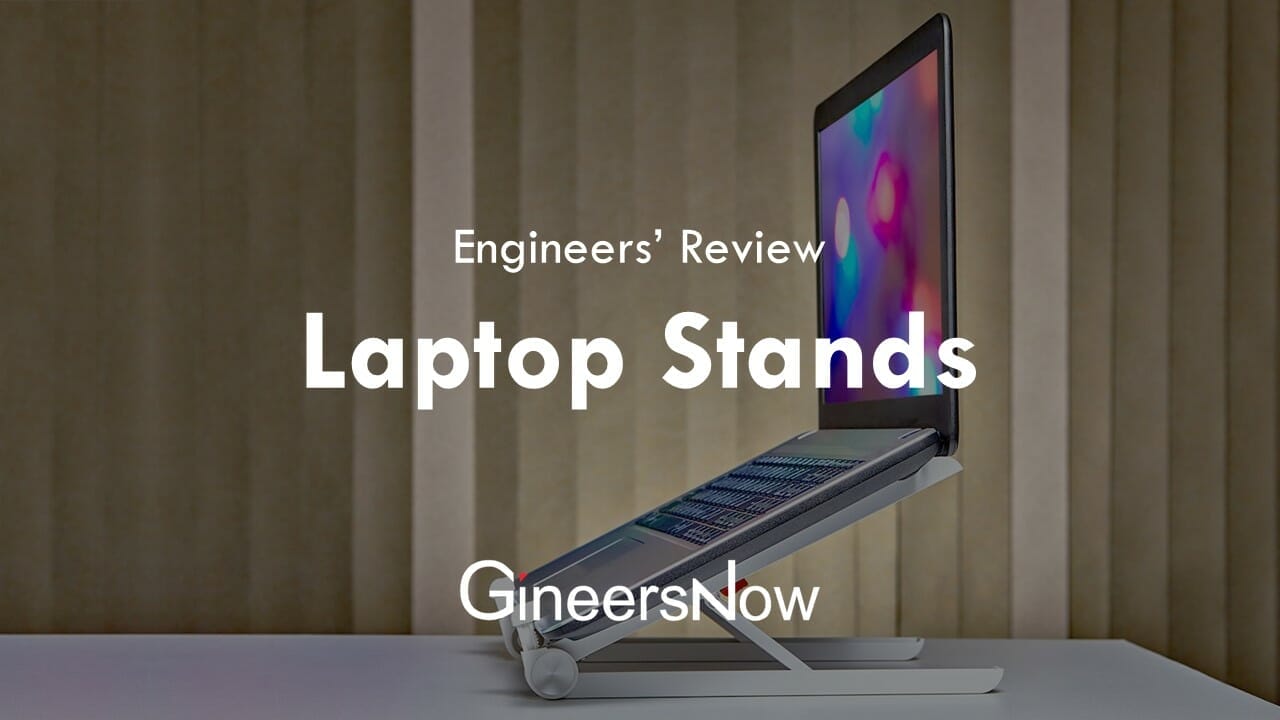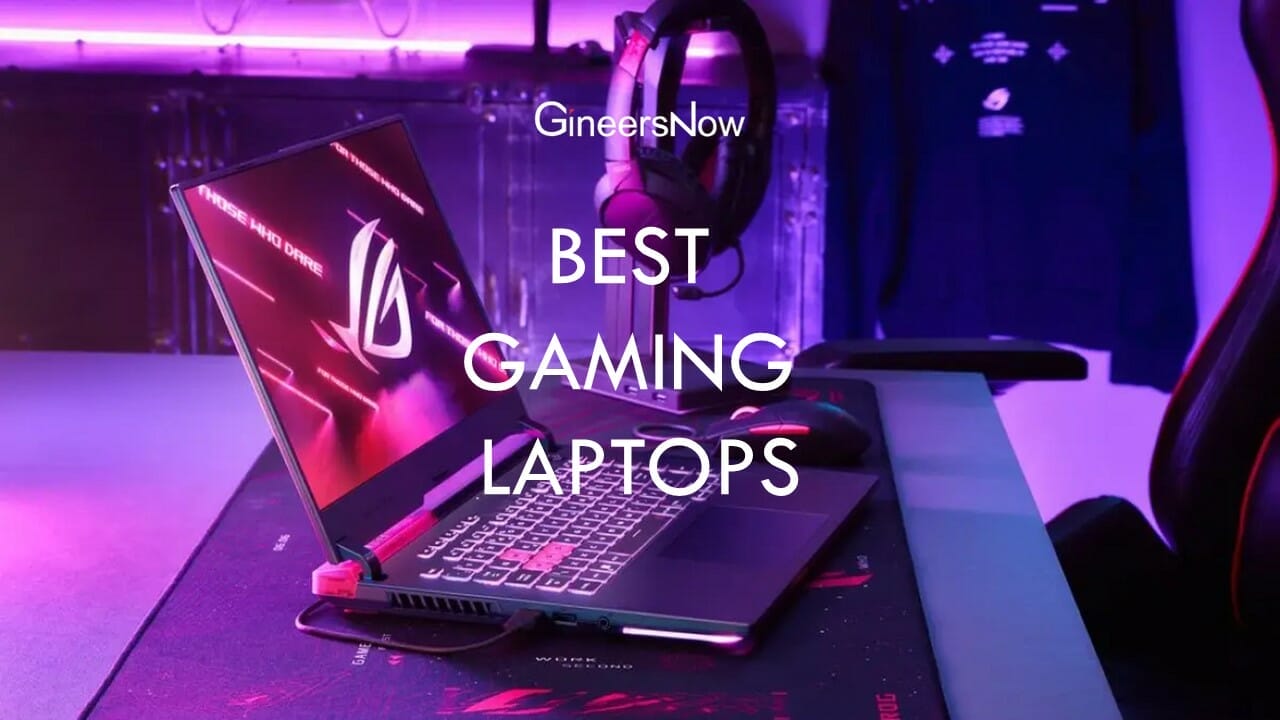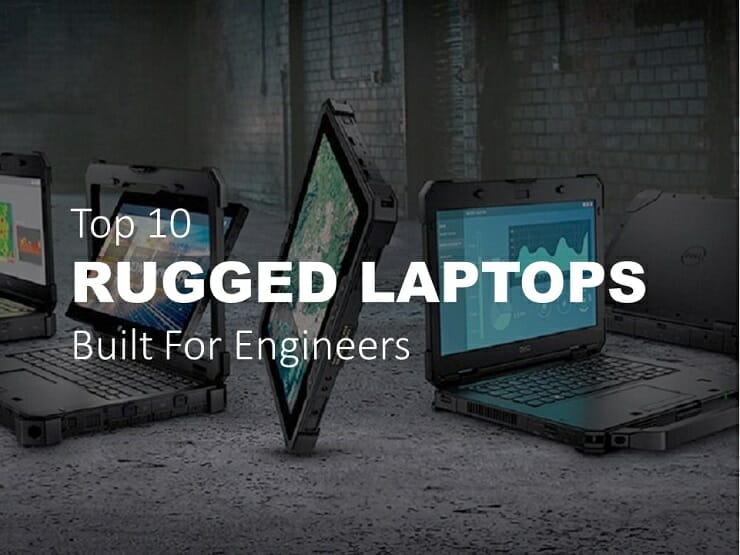7 Things to Consider When Buying a New Computer
The Struggle
The time has come for you to buy a new computer but you don’t know where to start. Understandable! With constant models being introduced, you want a model that can do exactly the things you need it to, whether that is writing your next novel, playing table games online, for work purposes, or whatever. Nowadays, there are many reasonably priced budget laptops on the market, so it’s confusing to know which one to choose.
With the power of modernized hardware, some can provide a good computing experience without completely breaking the bank. But how to do this is by finding the correct balance between your needs and the costs?
This is where we are here to help. Listed below are 7 things you should be thinking about when considering your next computer purchase.
7 Top Tips
1. RAM intake
RAM, otherwise known as Random Access Memory, is not the same thing as storage. It is where your active data from applications and systems are stored. It is the place where your computer does its real-time operations and calculations.
Lots of applications and web browsers today eat at your computer’s memory, meaning it needs more RAM than ever. If you have multiple apps open at the same time and you have more RAM on your computer, the better it will be. With the right amount of RAM, you can run lots of applications at the same time.
2. Processor
With each upgrade available, processors become more efficient. For processors that are recognizable, Intel is a reliable one.
Usually, Intel’s entry-level i3 Core chips are the cheapest yet least powerful that are available in terms of processors. If you are looking for a computer ranging $500 or less, this one will do basic computer skills and tasks that won’t strain the bank too much. If you are still interested in using Intel, the mid-range Core i5 chips are suitable for those who want a nice balance between cost and performance – this should be the choice for you.
3. Storage
There are two kinds of storage in computers: HDD (otherwise known as a hard disk drive) or SSD (solid state drive). HDDs use disks to store information whereas SSDs utilize flash memory which can also be found on tablets or cell phone devices.
Computers with SSD are usually more expensive, but their writer and reader rates are incredibly quick. They don’t have technical moving parts so they work cooler, quieter, lighter, and more efficiently, meaning that they are harder to damage than a more conventional computer drive. For this reason, it is important to choose an SSD computer. Although it is expensive, it is worth it.
4. Weight and Size
The size and weight of computers are usually down to personal preference. For laptop computers, how portable they are is a deciding factor when buying a new computer. No one wants to lug around a heavy and large laptop, and if you are a frequent traveler, a 13-inch screen might be best for you.
If portability is your main deciding factor, laptops such as Ultrabooks can be an option due to their light and slim nature. If you are on a budget and prefer overall performance instead of how portable the computer is, a larger laptop will be worth your money.

5. Operating System
Most people struggle with PCs or Macs. The good news is that both have great operating systems and your choice really depends on how you are using your computer.
Creative professionals usually swear by Mac, as it sticks with programs that they are familiar with. Apple computers are great for graphics, music, and video editors. If you are part of the Apple ecosystem and use an iPhone, iPad, or Apple Watch, all of them work together well.
If you aren’t a part of the Apple family, a PC might be better if you are saving your budget. Window-based laptops are used a lot more in the workplace and more people are comfortable with navigating them. It all really depends on what system you need, but Apple or Windows will do the trick.
6. Connectivity
There are lots of connection options available today which are in constant evolution, so finding the right one for you can sometimes be confusing. If you are just needing general ports for chargers etc, make sure that the computer you choose has USB ports and can connect to different forms of Wi-Fi.
As to be expected, computers with more options tend to be more expensive, but they will be a good investment for years to follow. The more ports a computer has, the better it will be.
7. Pricing
At the end of the day, the choice of your computer will greatly depend on how much you want to spend. If you are planning to use it to send emails, browse the web and watch videos, then a cheaper computer might help. Even computers on the cheaper side can still do everyday tasks.
If your computer is more intended for work purposes, a mid-range priced computer might be the better option. Although more expensive, they work efficiently and will save you a lot of time. So, assess what budget you want and then find the perfect balance between performance and price.




